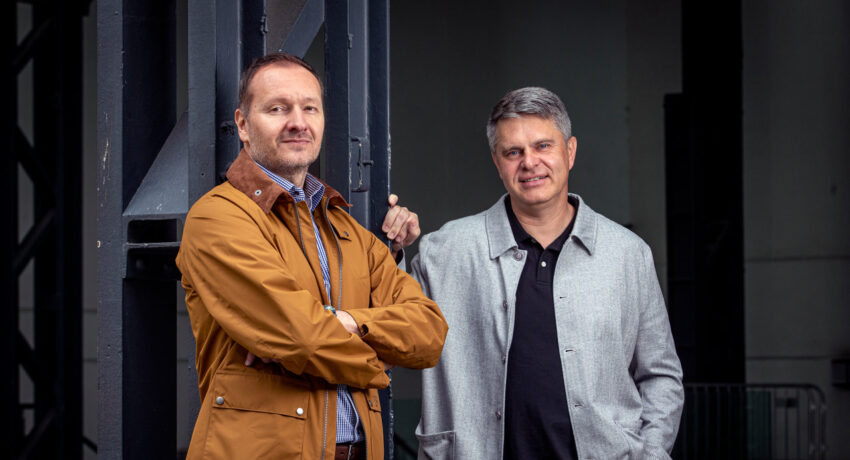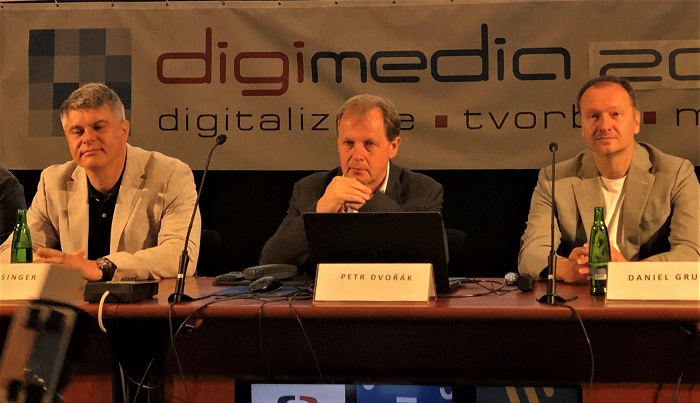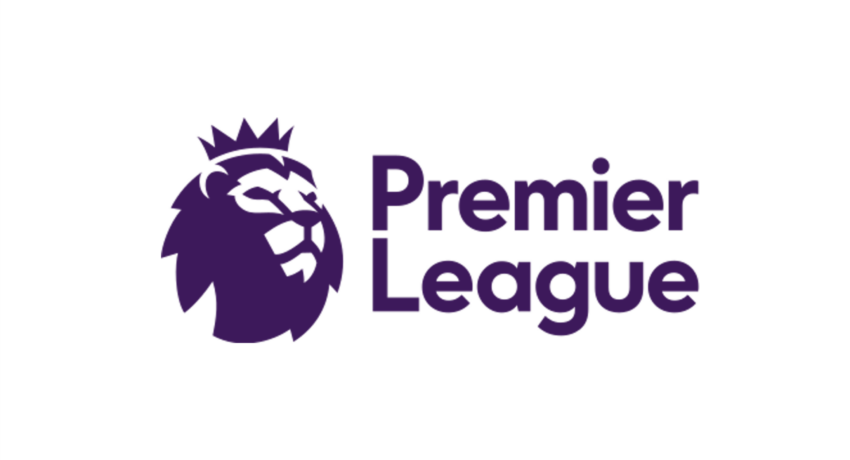The TV Nova group has been giving rise to actions over illegal distribution of content via various repositories almost continuously. The damage caused by the illegal distribution of content amounts to hundreds of millions of crowns.
Nova TV Group is taking domestic repositories to court over the illegal distribution of content. It is waging a long-term battle against these platforms in an effort to protect its original content. The titles produced by Nova that are most often “pirated” include its flagship series Ulice, Ordinace v růžové zahradě 2, Zlatá labuť and the titles placed on its premium pay VOD platform, Voyo Original. “We invest a lot of money in original content, and illegal distribution devalues it,” points out Zdeňka Zimová, Nova’s chief lawyer. Nova’s experience shows that premiere content appears on repositories that do not have licensing agreements with Nova within hours of their release.
Several months ago, Nova filed a lawsuit against Ulož.to, the largest of the domestic repositories. The lawsuit is still pending, and according to Nova, the storage operator is doing everything it can to avoid liability in court (e.g. by changing the storage operator during the court proceedings, which is prolonging the process).
Even though an amendment to the Copyright Act came into force at the beginning of January 2023, which should give broadcasters greater protection against illegal distribution of content, they are still struggling with their content appearing on repositories. Under the Copyright Act, providers of content shared online must make their best efforts to obtain an appropriate licence for the protected content, to prevent the work from being accessed or to remove the content from their websites immediately upon notification from the rights holder of the content, while doing their best to prevent its re-upload. “The main problem is that the repositories claim that they are not covered by the amendment to the Copyright Act, formally changing to cloud storage, while we are convinced that they are subject to the Act,” says Zdeňka Zimová.
The Copyright Act does not classify cloud storage services such as Dropbox, Google Drive or OneDrive as online content providers. In order to avoid the amendment, existing repositories try to give the impression that they operate as cloud repositories. For example, content on Ulož.to is searched via the Gozo search engine, which is intended to evoke that content cannot be searched directly on Ulož.to. The only obligation the repositories are willing to accept is the deletion of specific reported links with protected content. But simply reporting specific objectionable links is not effective, according to Nova. “Even if the repository deletes the reported link, the same file with copyrighted content is uploaded to the repository again, which is a situation that is obviously convenient for the repositories because they place advertising next to the content,” Zdeňka Zimová describes the practice.
Nova will not only deal with Ulož.to in court but also with other services such as Fastshare.cz and others. “We are constantly filing complaints and motions for preliminary rulings and planning other activities but unfortunately, we are always one step behind because the repositories react to our calls and filings by redirecting their services to other websites, changing the operator to a company based in the Seychelles, etc.,” she says.
Hellspy and Hellshare have already left the market due to the new legislation. Last November, they agreed with the Association of Commercial Television (AKTV) to cooperate and adopted technical solutions that almost eliminated the appearance of copyright-protected works of AKTV members on their services. However, no similar agreement with other repositories is yet forthcoming, and according to Nova, the repositories refuse to apply similar technical solutions.
At the recent Digimedia 2023 conference, AKTV President, Klára Brachtlová, quantified the damage to content producers (broadcasters) caused by pirated content distribution at hundreds of millions of crowns. Exceptionally, the courts will stand up for the rights of broadcasters (the decision of the Regional Court in Ostrava this spring, which described the use of content distributed without a license as “impermissible parasitism and profiteering”). Overall, however, the courts are slow to act and the fight against pirated content is very time-consuming. According to Klára Brachtlová, inspiration can be found in Western Europe where repositories have been successfully dealt with, also thanks to the existence of the so-called shutdown authority, which in the case of copyright infringement allows, in the most extreme case, technical blocking of access to a website.
Source: mediaguru.cz








